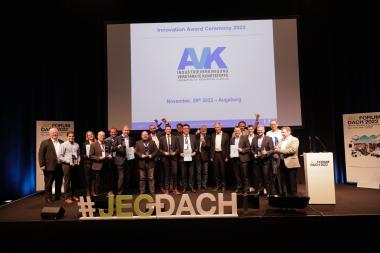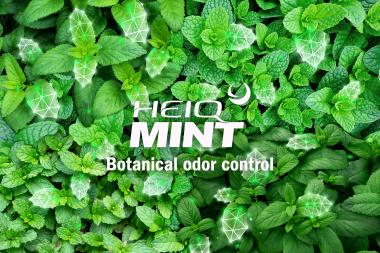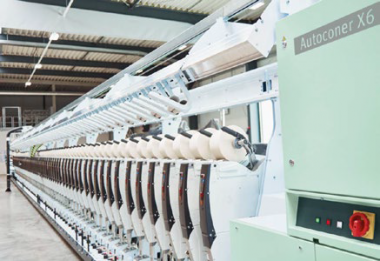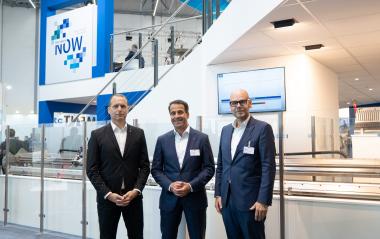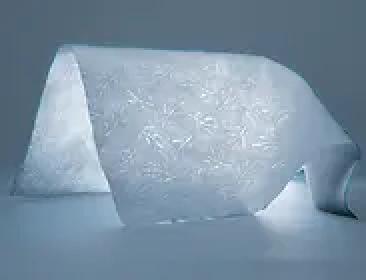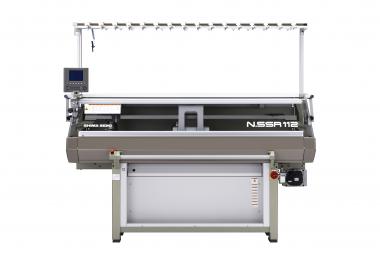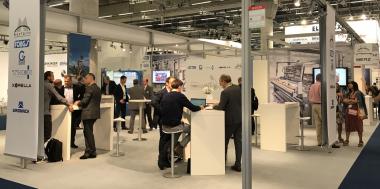Toray creates Fiber that adsorbs Pathogenic Proteins in Blood
Toray Industries, Inc., announced that it has combined nanotechnology and fiber technology to create a cross-shaped polymethyl methacrylate (PMMA) nanopore fiber that efficiently adsorbs pathogenic proteins in the blood.
The company developed this fiber by employing its PMMA hollow fiber membrane spinning technology. Changing the nanopore size on the surface and inside the fiber makes it possible to control the types of protein that this material adsorbs. This could become a fundamental blood purification technology for a range of protein adsorption columns that cause diseases.
The fiber’s cross-shaped cross section has a larger surface area than fibers with round ones. This provides much better contact between the blood and fiber and significantly enhances protein adsorption efficiency.
Toray is the only company to have commercialized a PMMA hollow-fiber membrane artificial kidney for dialysis treatment. Its new nanopore fiber benefits from PMMA’s good protein adsorption and biocompatibility. Using the structural formation of a stereocomplex from two PMMA types entangled spirally during the spinning process to form the fiber shape, Toray made it possible for the fiber itself to develop pores of several to dozens of nanometers. Depending on the pore size, large proteins cannot go inside the pores. If they are too small, they are not trapped. This enables selective adsorption of moderately sized proteins trapped in pores.
The fiber pore sizes are adjustable to the diameters of target proteins for a range of diseases. These include inflammatory proteins in sepsis, autoantibodies in autoimmune diseases, and causative proteins in chronic illnesses. Toray’s technology is thus fundamental to developing disease-causing protein adsorption columns to purify blood.
Toray’s cross-shaped cross section suppresses inter-fiber adhesion, increasing the surface area per volume and enabling highly efficient protein adsorption. For blood purification applications, higher capacity adsorption columns increase blood removal amounts from the body, which can be especially stressful for the elderly and children. The new fiber’s highly efficient protein adsorption should contribute to compact, high-performance protein adsorption columns.
Toray Industries, Inc.,









